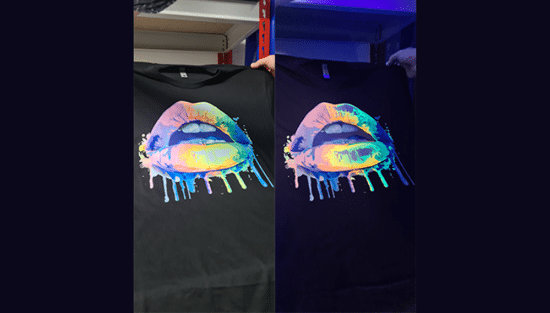Are HP Indigo inks compostable?

Laurel Brunner discusses the importance of compostability in inks and how it differs from biodegradability.
Compostability is a subset of biodegradability. Biodegradation takes place over time and without any particular controls. Everything will eventually biodegrade although it might take some time, as is the case for glass which requires one million years. Compostability is subject to deliberate actions such as controlling the composting conditions, time, temperature and other factors. The compost can be in a heap at the bottom of the garden, or in a dedicated container. It might be located where it is exposed to the weather and extremes of heat or cold. The compost and its bin might be exposed or sheltered from the elements, so that the process takes more or less time. And the compost might be left alone or regularly stirred up to improve the decomposition process. How you manage the composting process depends on the results you want.
Either way, printed matter can still be readily recycled because it can be deinked and the pulped fibres reused. Over the last thirty years rising quantities of digitally printed papers have been entering the recycling supply chain and this trend will continue. Volumes of prints produced using flexography are also growing as flexo inks and plate production become less environmentally hostile and the process more efficient. Migration of work from rotogravure to flexography is happening all over the world, and deinking processes are improving so that prints from all printing methods can be recycled.
As the market changes, the composition of waste papers sent for recycling changes too, leading to advances in recycling processing. New deinking methods such as two and three loop deinking are improving recycling processes to avoid printed matter being sent to landfill or incineration. Many paper mills across the globe are using modern deinking systems in order to create raw materials from waste paper.
More interestingly pulp makers are looking into ways to use recycled printed matter as the basis for products other than paper. This includes such things as composite materials and carbon fibres. Print is not going to disappear soon, and how it is produced is no barrier to paper recycling and fibre reuse.
Unity Publishing and Xeikon.
Cover image: Photo by Anni Roenkae from Pexels
Topics
Interested in joining our community?
Enquire today about joining your local FESPA Association or FESPA Direct
Recent news

Streamlining personalisation with tech: Insights from the SmartHub Conference 2025 speakers
Personalisation Experience 2025 (6 – 9 May 2025, Messe Berlin, Germany) is running its inaugural SmartHub Conference from 6 – 8 May 2025.

Special Effects in DTF: How Neon Inks Are Making Apparel Pop
Neon fluorescent inks are the latest innovation in DTF printing, offering vibrant, eye-catching effects under both daylight and UV light, giving apparel decorators a competitive edge. Testing shows good wash durability, though market perception of added value is still developing. With increasing adoption and ongoing technological advancements, neon represents a significant upgrade for creative customisation.

Unlocking Growth Opportunities in the Printed Personalised Apparel Industry
The printed personalised apparel industry is booming, projected to reach $10.1 billion by 2030. Driven by consumer desire for self-expression and branding needs, technological advancements like DTG/DTF and e-commerce integration are key. Sustainability, eco-friendly materials, and on-demand printing are crucial growth drivers. Businesses leveraging these trends, including AI and social media, have significant commercial potential.

Personalisation: From mass production to print-on-demand
Technological advancements are driving the growing trend of personalisation, fueled by consumer demand for unique products. From packaging campaigns like Share-a-Coke to customised apparel by Nike and Adidas, and AI-powered tools, the shift from mass production to print-on-demand is evident. The SmartHub Conference at the Personalisation Experience from 6 - 8 May will explore these opportunities and challenges for businesses.